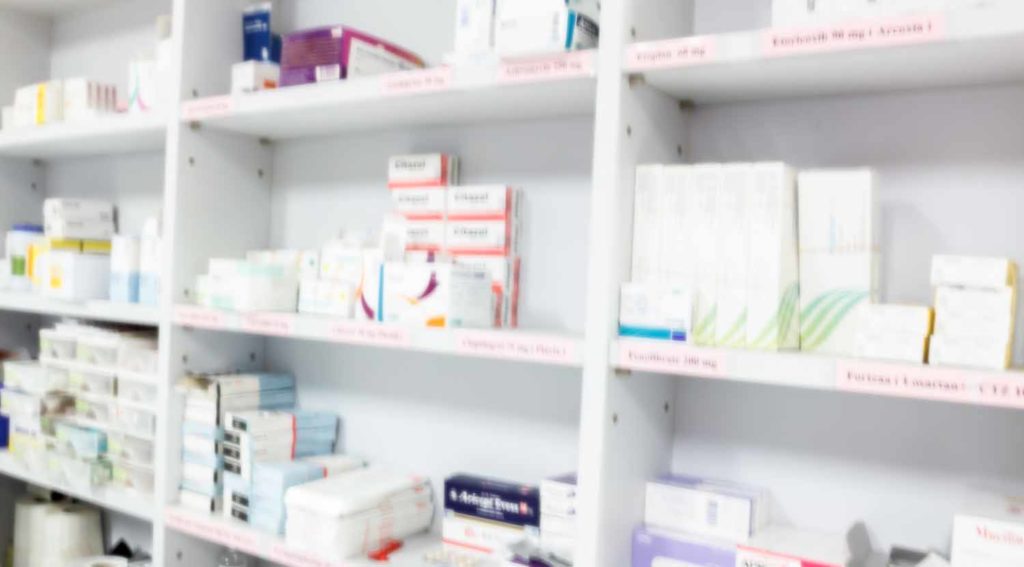“Scandal”: Drugs Developed With Taxpayer Money
| Share with

After the US, the UK government is the world’s biggest funder of pharmaceutical research and development. As a result, it has invested heavily in developing many of the drugs it administers to patients on a daily basis.
You might think that the NHS, therefore, gets some super-preferential rates when it comes to buying the drugs from manufacturers. You would be wrong.
In a new report from STOP AIDS and Global Justice Now the truth is revealed about the level of taxpayer investment necessary to discover two out of five of the NHS’ most costly drugs.
For example:
- Abiraterone is a prostate cancer drug.
- It was discovered and developed by the mainly publicly funded Institute of Cancer Research.
- Institute of Cancer Research was later bought by a private sector company.
- Today Abiraterone costs the NHS £98 per day for each patient.
A generic alternative is available that costs less than £4 per day per patient.
Another example:
- Infliximab is a drug for arthritis.
- It was developed by US and UK universities with charity and industry funding.
- Infliximab was bought by Janssen Biotech.
- After the sale, it became the NHS’ fourth most costly single medicine in 2015-2015
Heidi Chow of Global Justice Now, one of the co-authors of the report, has said: “Big pharmaceutical companies are ripping us off by taking over drugs developed primarily with public money and selling the drugs back to the NHS at extortionate prices. This is nothing short of daylight robbery of British taxpayers by some of the most profitable corporations in the world”.
“As the NHS is on the brink of another winter crisis, it’s time for politicians to take a stand to ensure that drugs produced from publicly funded research are affordable for the NHS.
“Across the world, 10 million people are dying needlessly because they can’t afford vital medicines. The Government must take action to ensure that UK-funded research benefits public health globally rather than lining corporate pockets.”
Meanwhile, another co-author of the report, Tabitha Ha, has said: “At a time when our NHS is already strapped for cash, we must end the scandal of the public effectively paying twice for the same medicine – first to develop it and then again to stock it.
“It’s not just British patients that are being delayed or denied the medicines they need either. Patients in the world’s poorest countries are being ripped off too, even when generic versions are available at a fraction of the price. We need greater transparency and a radical rethink on how we fund the development of new medicines.”
In response to the report, a spokesman for Janssen Biotech has said: “We’re working to bring transformational medicines to people in need. This is often a long and complex process, taking on average 12 years and costing more than £1bn to develop a new medicine.”

27 Oct 2017 | Leave a comment
Share with socials